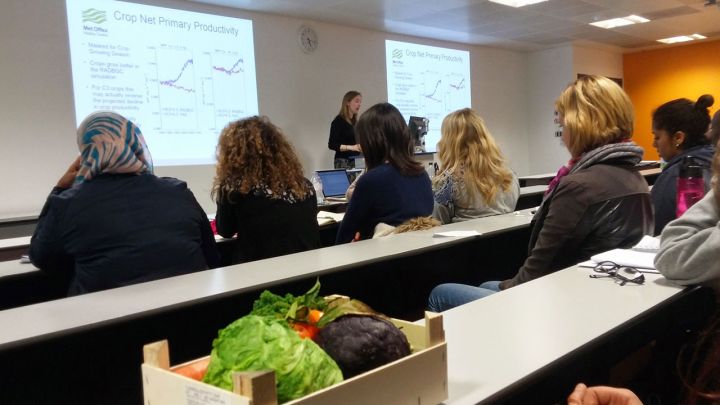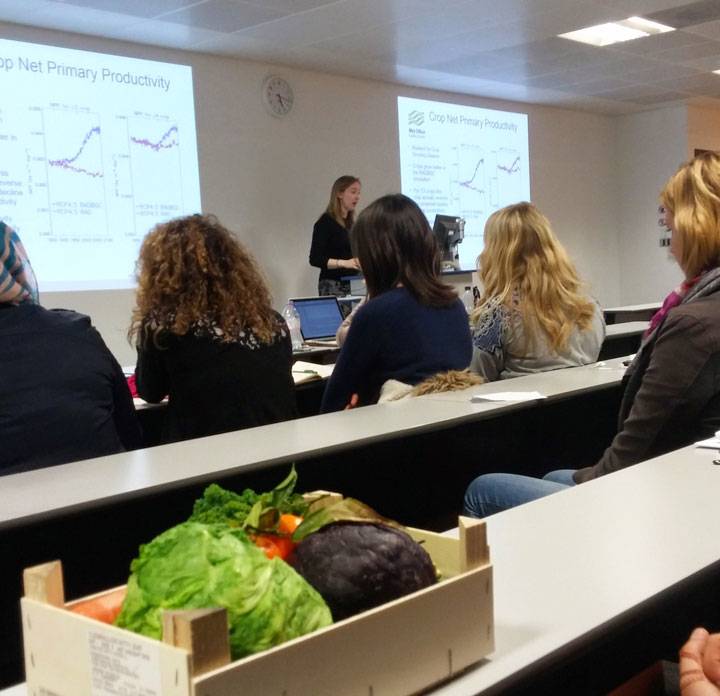Psychology Colloquia Series: Dr Amanda Rotella

This event has taken place
View all upcoming events at Kingston University.
Time: 12.00pm - 1.00pm
Price:
free
Speaker(s): Dr Amanda Rotella, Northumbria University

All are welcome to the Psychology Colloquia, where distinguished guest speakers present talks encompassing a diverse array of topics within the field of Psychology and beyond.
This week's speaker is Dr Amanda Rotella, an Assistant Professor of Psychology at Northumbria University, UK, where she leads the Perception, Evolution and Behaviour Research Group. Dr Rotella's interdisciplinary research program broadly focuses on human social competition, in which she investigates how sociocultural and ecological factors shape competitive strategies over time, and in-turn, how these social incentives influence cooperative decisions, moral behaviours, and reproductive strategies. Her work draws on diverse fields, including social and personality psychology, judgment and decision-making, behavioural economics, evolutionary biology, and behavioural ecology. She has published in diverse journals, including Nature Human Behaviour, American Psychologist, and Organizational behaviour and Human Decision Processes.
Abstract
The replication crisis began in the early 2010s when replication attempts of studies in the behavioural sciences, and in particular social psychology, did not obtain the same results as the original peer-reviewed contribution. This crisis led to a methods reform in psychology, where stronger methods to reduce publication bias and poor research practices (e.g., p-hacking, HARKing) were adopted. Yet, small sample sizes and researcher decisions are only a few factors that contribute to null results. In this talk, I will discuss how (i) methodological changes in the behavioural sciences that co-occurred with the replication crisis (i.e., moving lab-based studies online), and (ii) ‘the theory crisis' in psychology have contributed to null-findings, sometimes resulting in ‘false negatives' (i.e., finding a null result when a true effect was there). Through testing patterns of results, secondary data analysis techniques such as meta-analysis can be used to assess ‘true' vs ‘false' failed replication. For example, moral licensing is an effect where someone who is initially moral, subsequently behaves less morally. Although this effect was firmly established in the early 2000s, many failed replications began emerging in the mid-2010s. In a recent meta-analysis, I established that this pattern was not because there is no moral licensing effect – rather moving studies online (with limited social cues) masked the effect because it is an interpersonal rather than intrapsychic. I will further give examples from the ‘watching eyes' literature. Lastly, I will address how a strong theoretical approach in both hypothesising and developing research methodology are necessary for finding and interpreting true effects.
This event will be held online (link TBC).
The series is organised by Dr. Simona Cantarella (s.cantarella@kingston.ac.uk) and Dr. Goffredina Spano (g.spano@kingston.ac.uk) from the Psychology Department. If you would like more information about the event, please feel free to email either of them.
All events in this series
Psychology Colloquia Series: Dr Matteo De Marco, 31 Jan 2024
Psychology Colloquia Series: Dr Amanda Rotella, 23 Feb 2024
Psychology Colloquia Series: Dr Lucy Cragg, 28 Feb 2024
Psychology Colloquia Series: Dr Melania Calestani, 13 March 2024
Psychology Colloquia Series: Dr Joanne Bower, 22 March 2024
Psychology Colloquia Series: Dr Jayne Morriss, 24 April 2024
Psychology Colloquia Series: Professor Marie Juanchich, 15 May 2024
Psychology Colloquia Series: Dr Anne Van Hoogmoed, 21 May 2024
For further information about this event:
Contact: Lucy Raymond (Events Officer - please email for any logistical enquiries)
Email: lucy.raymond@kingston.ac.uk

Filter events
For further information
Lucy Raymond (Events Officer - please email for any logistical enquiries)
Email us